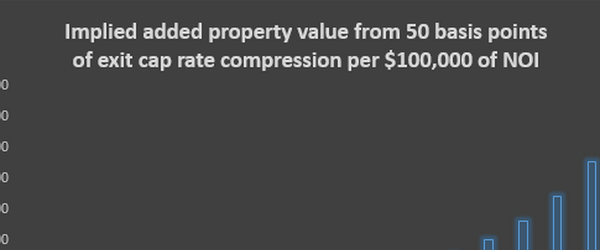Understanding the foreclosure process is a must for property investors chasing foreclosure properties.
Many non-institutional property investors focus on such properties because they entail special circumstances that can allow them to acquire them at prices below market. Investors investing in this type of properties need first to understand the basic stages of the foreclosure process. Although, some details of this process may vary by state, we can identify the following basic stages:
- The “foreclosure” process begins when a homeowner, or borrower, fails to make a payment as dictated by the loan’s amortization schedule, that is, the schedule of monthly payments so that the mortgage loan is repaid in full by the end of the term of the loan.
- As a result of failing to make the payment, a late charge is levied on the borrower, usually after 15 days after the due date, while the lender typically attempts to contact the borrower in order to remind him/her about the payment that is due. If the payment is still due 30 days after the missed payment date, then the borrower is considered as having defaulted on the loan.
- Usually, after a period of 45-90 days from the missed payment date a notice of default or breach letter is sent to the borrower notifying him/her that he/she is in “breach” of the terms of the Note and demanding payment of all past due amounts, including late payment fees and collection costs. The letter also advises of the lender’s right to “cure” the default and informs the borrower that he/she is given a finite period to settle the debt in order to prevent foreclosure. The loan breach letter signifies the start of what is usually referred to in the property investing literature as the “pre-foreclosure period”.
- If the delinquent amount is not settled within the period given to the borrower by the lender, the latter will refer the loan to its legal department, which will engage a local attorney to begin foreclosure proceedings. At this point serious legal fees will start accruing against the borrower.
- In case the property is secured by a mortgage (as opposed to a trust deed) the lender has to go through the court system, in which case the proceedings and the rights of the borrower (such as the right of redemption, and deficiency judgment)depend on the particular law of the state within which the foreclosed property is located. Most of the states though provide to the homeowner every opportunity to stop the foreclosure process at any time up to the sale of the property through public auction, and in some states even for some time after foreclosure.
- Once the legal proceedings start the foreclosure must be advertised (usually in both local and metropolitan newspapers) and if the borrower does not take advantage of his/her right to redeem, then the mortgaged property is sold at a public auction. The foreclosure entire process, from initial default up to the sale of the property through public auction, can be quite long.
Explanation of Terms
Deficiency Judgment is a money judgment against a borrower issued when the property used as collateral (security) for the loan is sold during the foreclosure proceedings for an amount that is smaller than the balance of the loan owed by the borrower. However, the extent to which such a judgment can be issued against a particular borrower will depend on the particular state’s law.
Right of Redemption is the right of a borrower to redeem mortgaged property from foreclosure by paying the lender the outstanding principal and interest due, as well as other charges that may accrue during the foreclosure process, such as collection costs and legal fees. About half of the states provide the right of statutory redemption that gives the right to the borrower to redeem mortgaged property even after the foreclosure process is completed





































Comments